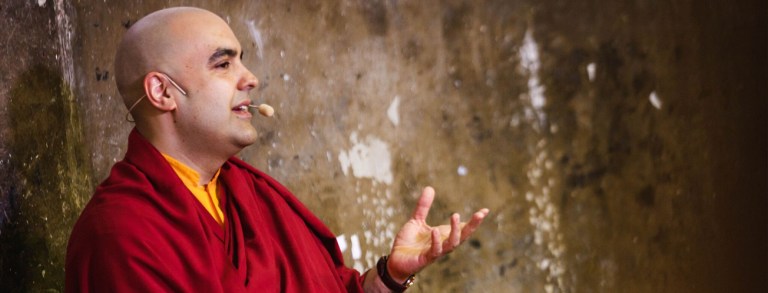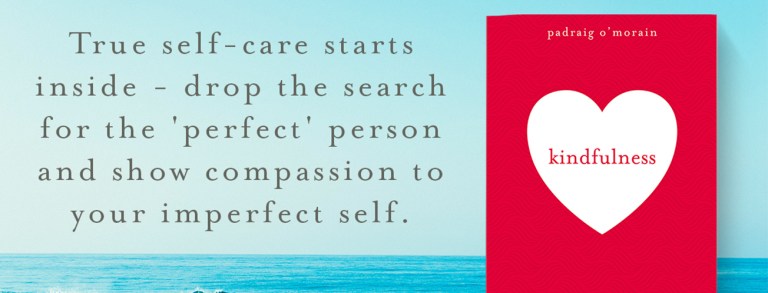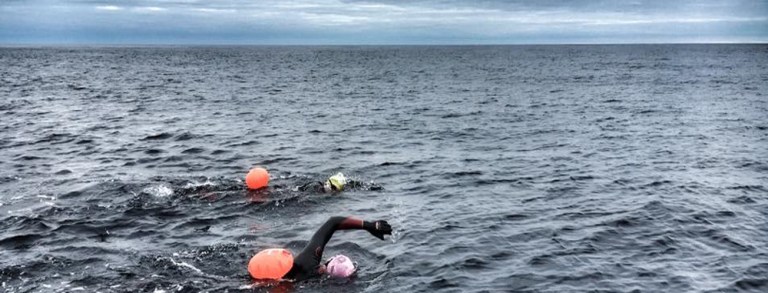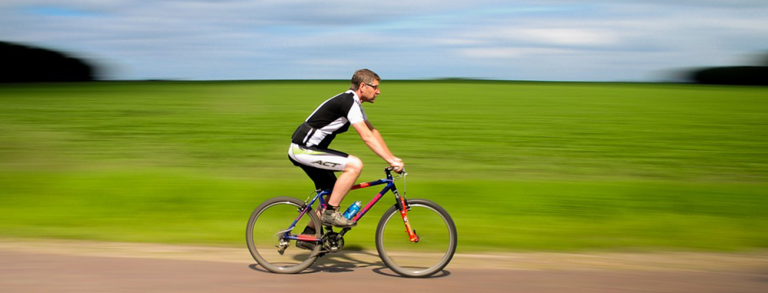Wild Swimming As Meditation
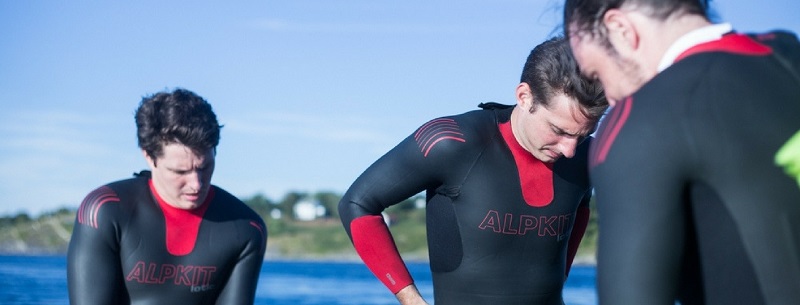
When you ask someone if they’ve heard about this relatively newfangled hobby called wild swimming they may cast a confused look at you. When you go on to explain that it’s simply swimming outdoors in lakes, ponds, oceans or even lidos that confusion only deepens.
“Isn’t that just swimming?”
Well, yes… wild swims, or open water swims, are titles commonly used to distinguish swims that aren’t done in warm, chlorinated indoor pools. A wild swim is a more natural swim that takes you back to the great outdoors and invariably involves cold water. It also introduces you to a ragtag community of hardy, lovely folk scattered around the world, who love nothing more than stripping off and plunging into cold water. But don’t let that last adjective put you off! There are lots and lots of scientifically proven health benefits to be gained from this kind of chilly hydrotherapy. Here are some of the favourites:
- Cold water gives you a stress-reducing rush of endorphins, as well as combating stress hormones.
- Cold water helps to build your immune system.
- Cold water makes you work a little harder, burning more calories and improving your metabolism.
- Cold water improves your circulation.
- Cold water exfoliates your skin.
- And, if you needed any more reasons to rewild your swimming style, cold water swimming has even been proven to increase the libido, enhancing your sex life and improving your rates of fertility.
In some ways, wild swimming is a perfect complementary activity to yoga. Think of wild swimming as yoga’s slightly more unkempt, bedraggled, but equally lovable cousin. Cold water swims require the same kind of muscular and aerobic fitness, rhythmic breathing patterns and habitual focus, far from the rippling disruptions of your surface thoughts. Yoga helps to relieve physical tension through the repeated extension and relaxation of skeletal muscles, slowly loosening your body – so does swimming. Interestingly, Yoga also involves careful breathing exercises that teach you to be more aware of your prana (that life-giving force behind each breath) as well as encouraging pratyahara exercises that lead to the withdrawal of your senses, the deflection of the outer world and deeper concentration. Well, that sounds a lot like swimming to me too…
The longer you swim, and the more you do it, the easier it becomes to hone your sensory perception and to achieve periods of blissful thoughtlessness. In that quiet respite you’ll find no one but yourself, and then, if you keep calm and stay disciplined, you’ll disappear too, until you won’t be able to feel anything. Suddenly you’ll forget you’re swimming, and yet your limbs will go on automatically and your lungs will keep sucking in air. We call that the swimmer’s sweet spot. Gone are those nagging muscular aches, awkward movements and mental hiccups. It’s a happy place to be, and once you reach that place it’s likely you’ll want to keep packing your goggles and going back there. It’s no wonder experienced endurance swimmers tell you that two of the most important skills are the abilities to keep calm and maintain focus.
So, try not to complicate your wild swims too much: practice your technique, remember to breathe and keep ‘em smooth strokes coming… that’s it.
Leading on from this, one thing folk might not know about wild swimming, and swimming generally, is that it doubles as a form of meditation. A high level of mindfulness is essential to the success of an endurance swim. Recent scientific studies have shown that repeated swimming is also great for your mental health. Routine swimming stimulates neurogenesis in the hippocampus – a centre for memory and emotion in our brains. In short, neurogenesis means the birth of neurons, a process that is vital to our ability to educate ourselves, keep memories and combat depression. Stress and anxiety cause the hippocampus to waste away, effectively constricting our brains. However, swimming loosens this constriction and reverses the effect. This helps to explain why, after lots of cold water swims, the world around you begins to open up and seem more inviting, friendlier and less claustrophobic than it used to.
We hope this helps and encourages you to take up wild swimming in the New Year.
If you still need a little more convincing, here’s a link to an article we wrote on our website called Fifty Reasons To Start Swimming Wild.

